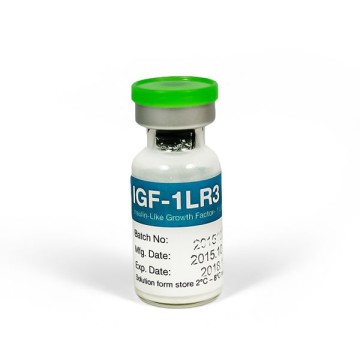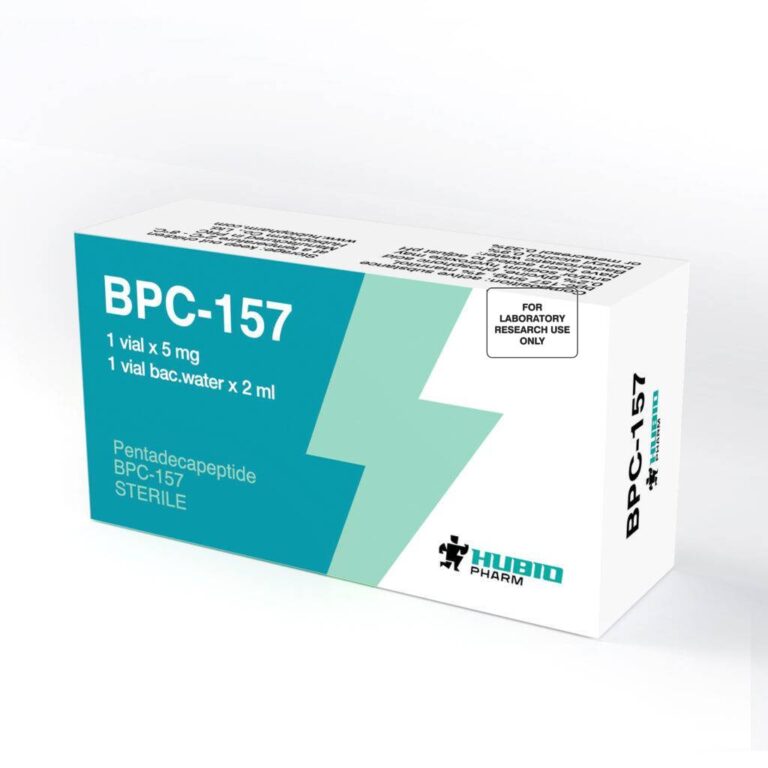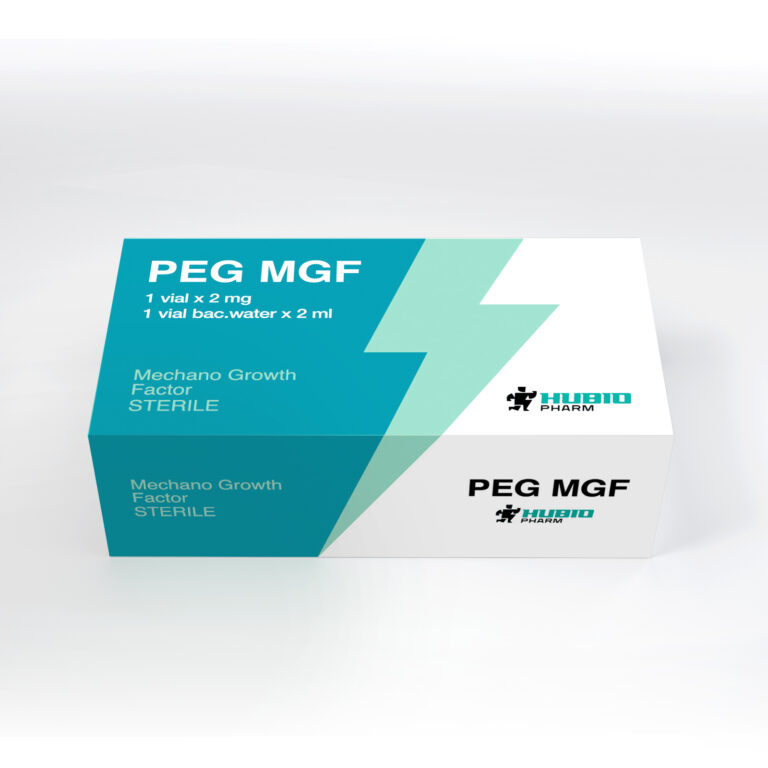What is IGF-1?
IGF-1 (Insulin-like Growth Factor 1) is a hormone produced primarily in the liver in response to growth hormone (GH). It plays a crucial role in muscle growth, recovery, and fat metabolism, making it a key factor in bodybuilding and athletic performance.
Benefits of IGF-1 for Bodybuilders
- Muscle Growth – Stimulates muscle cell proliferation and differentiation, leading to hypertrophy.
- Protein Synthesis – Enhances the body’s ability to build muscle.
- Fat Metabolism – Promotes fat burning and reduces fat accumulation.
- Recovery & Repair – Speeds up muscle recovery after intense workouts.
How IGF-1 Influences Muscle Hypertrophy
Muscle hypertrophy occurs when protein synthesis exceeds protein breakdown. IGF-1 is a critical player in this process by:
- Activating Satellite Cells – Essential for muscle repair and growth.
- Enhancing Protein Synthesis – Increases muscle fiber size and strength.
- Reducing Protein Breakdown – Prevents muscle loss and supports lean mass gain.
IGF-1 and Fat Loss
IGF-1 not only helps with muscle growth but also supports fat loss through:
- Lipolysis Activation – Encourages fat cells to break down and be used as energy.
- Improved Insulin Sensitivity – Helps regulate blood sugar levels, preventing fat storage.

Natural Ways to Boost IGF-1 Levels
Optimizing IGF-1 naturally can enhance muscle growth and performance. Key strategies include:
1. Resistance Training
- Engaging in strength training stimulates IGF-1 production.
- Compound movements like squats, deadlifts, and bench presses yield the best results.
2. High-Protein Diet
- Consume lean protein sources like chicken, fish, eggs, and dairy.
- Amino acids, particularly leucine, help boost IGF-1 levels.
3. Quality Sleep
- Aim for 7-9 hours of deep sleep per night.
- Growth hormone is released during sleep, leading to IGF-1 production.
4. Healthy Fats
- Omega-3 fatty acids found in salmon, flaxseeds, and walnuts support IGF-1 production.
5. Intermittent Fasting
- Short fasting periods can enhance GH secretion, which in turn boosts IGF-1.
IGF-1 Supplementation: Risks & Considerations
While some athletes turn to IGF-1 supplements, it’s essential to understand potential risks:
- Hypoglycemia – IGF-1 lowers blood sugar, increasing the risk of dizziness or fainting.
- Organ Growth – Excessive levels may lead to abnormal organ and tissue growth.
- Long-Term Health Concerns – IGF-1 influences cell proliferation, raising concerns about potential health risks.
Conclusion
IGF-1 is a powerful hormone that significantly impacts muscle growth, fat metabolism, and recovery. By incorporating resistance training, a high-protein diet, and proper sleep, bodybuilders can naturally enhance IGF-1 production for better performance and lean muscle gains. However, caution should be taken with supplementation, as excessive IGF-1 levels can pose health risks.
For optimal results, focus on a balanced lifestyle and natural ways to maximize IGF-1 levels safely.



